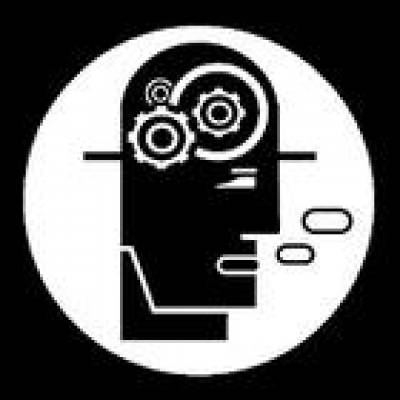University College London's Archive of Stuttered Speech

This site allows visitors to access recordings of speakers who stutter and background details about these speakers and the conditions in which the recordings were made. The recordings are available in various formats. The main two sets of recordings were made in normal speaking conditions and the final one was made when the sound of the speaker's voice was altered as he or she spoke. The three data sets are called UCLASS Release One, UCLASS Release Two and UCLASS-FSF.
Information available for UCLASS Releases One and Two and UCLASS-FSF
On entering the UCLASS Release One and Two data pages, you can access information about the files available and some ancillary information about the speakers, the audio data and transcriptions by following the links. The access file can be downloaded, but does not display for security reasons.
UCLASS-FSF contains audio data only from an experiment on speaking in altered listening conditions reported in Howell, P., Davis, S., Bartrip, J. & Wormald, L. (2004).
Data Download Pages
This data is currently hosted on the old website
Audio data
The audio data have been prepared so that they can be downloaded and played on a PC fitted with a sound card (WAV and MP3 formats) or so they can be handled and analyzed by freeware available on the web (note that MP3 format is compressed to 32 kilobits per second). The three freeware packages are CHILDES, PRAAT and SFS (access these sites to download the software and to read the user manuals by clicking on the appropriate name).
Transcription data (available for some files in UCLASS Release One and Two)
- For CHILDES:
Transcriptions were prepared using an in-house script which gives a CHAT file (MacWhinney, 1995) and the corresponding audio files are also available in WAV format. The WAV files have been linked to the CHAT files. The analysis software, CLAN, has options that allow PRAAT programs to process the associated WAV files. Other information that CHAT files include in their headers is available in the ACCESS files described above for Releases One and Two.
CHAT files + WAV = CHILDES
- For PRAAT:
The transcriptions have been converted to PRAAT TextGrids. PRAAT provides acoustic analysis facilities for dealing with WAV files that are also available in the directory.
TextGrids + WAV = PRAAT
- For SFS:
SFS stands for Speech Filing System and, as its name suggests, it files sources of information together (e.g. audio and transcriptional). There is a wide range of utilities available in SFS. For instance, the audio waveforms and aligned transcriptions can be displayed and manipulated using some of the SFS utilities. There is an SFS file corresponding to each of the recordings. Most of these just contain the audio file. Some of the remaining ones have phonetic transcriptions that have been aligned manually against the audio file. Separate orthographic and phonetic transcriptions are available for some of the files as text files. The phonetic transcriptions are in JSRU format (see "How we transcribe" under shared resources on the main page of this site). It is straightforward to translate these to other phonetic formats.
The data and software are freely available to anyone for research and teaching purposes subject to the conditions that they
a) acknowledge the source of the data,
b) indicate that data collection was supported by the Wellcome Trust.
References
Howell, P., Davis, S., Bartrip, J. & Wormald, L. (2004). Effectiveness of frequency shifted feedback at reducing disfluency for linguistically easy, and difficult, sections of speech (original audio recordings included). Stammering Research, 1, 309-315.
MacWhinney, B. (1995). The CHILDES project. Hillsdale NJ: Lawrence Erlbaum.
 Close
Close


